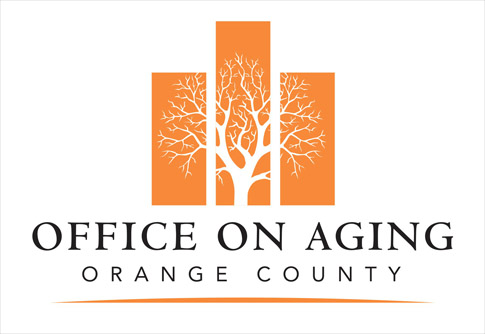
Education & Prevention Against Financial Abuse
Elder financial abuse is the fastest growing crime in the nation. Our Senior Protection Program provides education and empowerment to help you recognize and guard yourself against financial exploitation.
The Senior Protection Program (SPP) provides educational seminars on abuse targeting older adults and adults with disabilities. Over 65% of elder financial abuse cases are committed by family, friends or other trusted individuals, but only 1 in 24 cases are ever reported. SPP helps you recognize the red flags of a scam and provides resources and warm referrals to assist in protection and recovery.
The Financial Abuse Specialist Team (FAST) are volunteer advisors that provide information in the areas of law, criminal investigation, civil litigation, guardianship, fiduciary matters, banking and accounting, real estate, insurance, and senior services. FAST assists Adult Protective Services (APS), Long-Term Care Ombudsmen, law enforcement, and attorneys in resolving complicated matters of abuse.
How to file a complaint against elder abuse in California: Contact your local Adult Protective Services (APS), Long-Term Care Ombudsman Program, the Long-Term Care Ombudsman CRISISline or the local police or sheriff’s department. You may also contact the California Department of Social Services.
How to report elder financial fraud in California: The U.S. Department of Justice’s National Elder Fraud Hotline, managed by the Office for Victims of Crime, provides services to all adults ages 60 and older, who may be victims of financial fraud.
How to report Internet fraud in California: To report an Internet crime that has occurred in California, contact your local Law Enforcement Agency or the Attorney General’s eCrime Unit. We encourage all victims of Internet Crimes to also contact the The Internet Crime Complaint Center (IC3).
Report Elder Abuse or Neglect
Adult Protective Services (APS)
24-Hour CA Hotline
(833) 401-0832
Long-Term Care Ombudsman Program
24-Hour CA CRISISline
(800) 231-4024
Orange County Police Departments
CA Sheriff Offices
24-Hour Emergency
9-1-1
CA Department of Social Services
CCLD Complaint Hotline
(844) 538-8766
Office for Victims of Crime
National Elder Fraud Hotline
(833) 372-8311
CA Attorney General eCrime Unit
Internet Crime Complaint Center IC3
Learn the 4 Red Flags of Every Scam
California leads the nation in the epidemic of scams with cases and estimated dollars lost – from the daily barrage of dodgy texts, phone calls and emails from anonymous cyber criminals and con artists, domestic and abroad. The most common financial scams targeting older adults include government impersonation scams, sweepstakes scams, catfishing, and robocall scams.
All these scams have the same signs in common, the key is to protect yourself and learn to identify the four red flags of common scams and guard yourself against abuse and exploitation.
1. Unsolicited contact from a stranger or trusted source
Any unexpected emergency that requires you to pay immediately is usually a scam. It’s important that you verify the information before you respond to it.
2. Offering something that is valuable to you
If it’s too good to be true, it could be a scam. Be suspicious and never provide personal or financial information. If you do not know who is contacting you, check into the organization, individual or offer in question.
3. Request for personal and/or financial information
Never give your credit card information, banking information, social security number, or any other personal information over the phone when somebody calls you.
4. Pressure to “act quickly” or lose out on an opportunity
The easy answer with high pressure, repeated telephone calls, is to hang up. Don’t try to explain yourself. Just hang up. If they call back, hang up again.
Elder Fraud Resources
Elder fraud is an act targeting older adults in which attempts are made to deceive with promises of goods, services, or financial benefits that do not exist, were never intended to be provided, or were misrepresented. Financial exploitation is the illegal or improper use of an older adult’s funds or property.
Learn how to spot current frauds and how to recover with the resources below:
Abuse Prevention, Reporting and Recovery Guide
Recovering from financial abuse can be difficult, but you don’t have to do it alone. A financial abuse survivor can suffer not only from financial repercussions but also the emotional impact of being taken advantage of. This guide was written to help you recognize, report, and recover from fraud and financial exploitation.
How to Spot Fraud and Report It Booklet
Why report fraud? Because your report can make a difference. Fraud reports are used to investigate, bring law enforcement cases, and alert companies and consumers about what frauds to be on the lookout for so they can protect themselves, their businesses, their friends, and family. We hope this booklet will help you spot fraud, so you can prevent it from happening.
Do you need guidance or have a speaker inquiry?
Our seminars are offered at no cost to the public and other professionals. We cover a variety of issues including:
